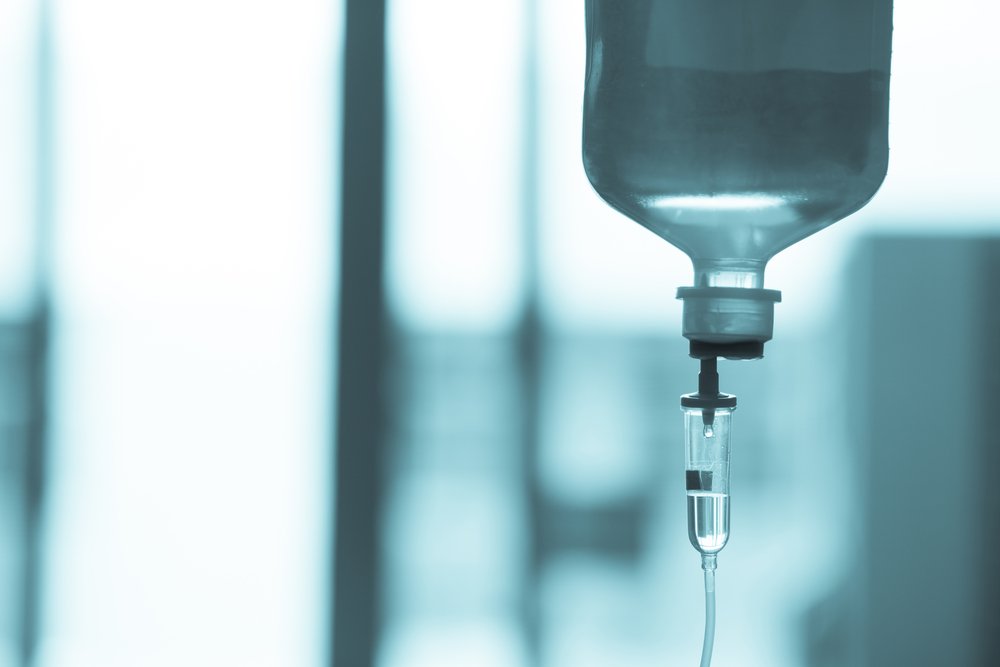In Ongoing Phase 2 Trial, Ublituximab Seen to Effectively and Safely Deplete B-cells
Written by |

TG Therapeutics’ investigational treatment — ublituximab (TG-1101) — led to a near total depletion of B-cells in patients with relapsing forms of multiple sclerosis (MS) taking part in an ongoing Phase 2 trial, the company recently announced.
In addition, the company said that ublituximab had an infusion time as short as one hour, without excessive side effects and with similar levels of B-cell depletion.
The data were presented at the 3rd Congress of the European Academy of Neurology (EAN), held June 24–27 in Amsterdam.
Edward Fox, MD, the study’s principal investigator, presented the data in the form of a poster presentation, titled “Rapid and Robust B Cell Depletion in Preliminary Results of Phase 2 Multicenter Study of Ublituximab (UTX), a Novel Glycoengineered Anti-CD20 Monoclonal Antibody (mAb), in Patients with Relapsing forms of Multiple Sclerosis (RMS).”
The Phase 2 clinical trial (NCT02738775) is assessing how well ublituximab depletes B-cells, and also evaluating the safety and tolerability of the drug.
Twenty-four patients have been treated so far. Participants were split into three groups, each receiving the same dose of ublituximab or placebo but at accelerated infusion times. The goal was to safely reach an infusion time of one hour, which the trial demonstrated was possible on the second infusion.
Four weeks after the first two infusions, all patients saw their B-cells drop by more than 95 percent. In fact, the median depletion at this time was 99 percent, Fox — who is also the director of the Multiple Sclerosis Clinic of Central Texas, and a clinical assistant professor at the University of Texas Medical Branch in Round Rock — reported.
The most common side effects were infusion-related reactions, which were mild to moderate. No severe adverse events have been reported during the trial.
The results are comparable to Ocrevus (ocrelizumab), the FDA-approved B-cell depleting therapy, Fox reported.
The ongoing study will also include analyses of clinical and brain magnetic resonance imaging (MRI) assessments, which the company plans to report at future scientific meetings. The trial is expected to conclude in November.
Ublituximab is similar to Ocrevus in that it is an antibody targeting the CD20 molecule on B-cells. But it is not an identical drug, as it targets another part of the CD20 molecule. This, along with other differences between antibodies, can give rise to different properties in drugs with the same mechanisms of action.


